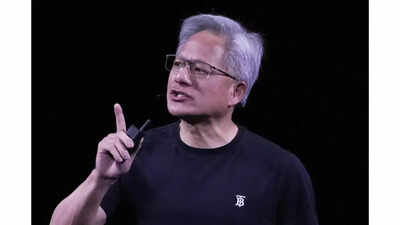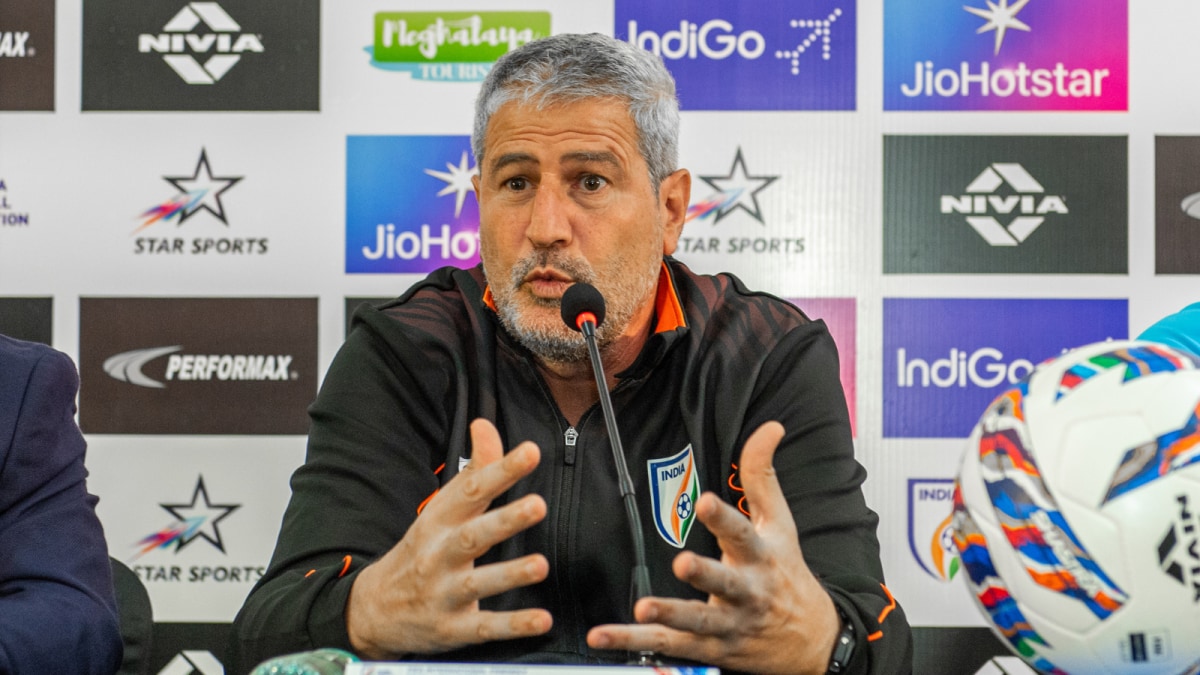ARTICLE AD BOX

Nvidia CEO Jensen Huang
has pushed back against US concerns that his company's chips could aid the Chinese military. His comments come as Huang prepares for his second trip to China this year for which he has also been sent a ‘warning letter’ by some US senators.Speaking in a CNN interview, Huang asserted that the Chinese military "don't need Nvidia's chips, certainly, or American tech stacks in order to build their military,” elaborating, “they simply can’t rely on it” because US technology “could be limited at any time; not to mention, there’s plenty of computing capacity in China already.”These remarks address US policy that restricts advanced artificial intelligence (AI) chip sales to China. Huang has previously criticised these export controls, arguing they are “counterproductive” to the US's goal of maintaining tech leadership.
‘Want American tech stack to be the global standard’: Huang
He stressed that for the “American tech stack to be the global standard,” the technology must be accessible to AI developers worldwide, including the 50% located in China.
The latest US restrictions on Nvidia's sales to China, implemented in April, are projected to result in billions in losses for the company. In May, Huang noted that previous chip restrictions had already cut Nvidia's China market share by nearly half.Nvidia
is reportedly developing a new chip that complies with the latest export controls. Last week, the Nvidia CEO met with US President Donald Trump, and lawmakers reportedly cautioned him against engaging with companies linked to China's military or intelligence, or those on America's restricted export list.Huang has also addressed concerns about DeepSeek’s open-source R1 reasoning model, which was trained in China. While acknowledging the concerns, he stated there was no evidence that its origin alone presented dangers. He praised the R1 model as “revolutionary” and noted its open-source nature empowers startups, new industries, and countries to participate in AI development.



.png)
.png)
.png)
















 4 hours ago
2
4 hours ago
2









 English (US) ·
English (US) ·